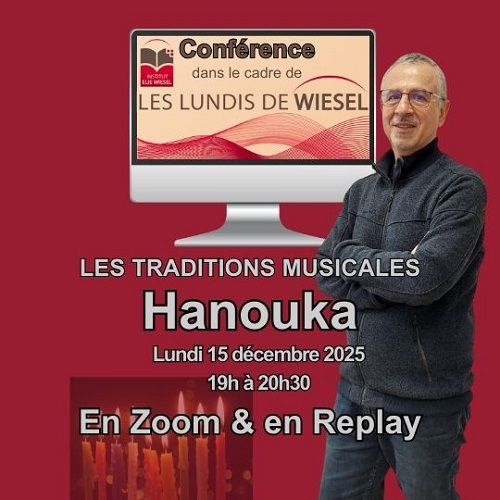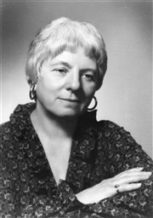
Yiddish singer and song collector
Born Rifkele Royzenblatt [Rivke Rosenblatt] in Montreal, in 1906, to immigrants from Bessarabia, she came into a household of literature and music. Growing up in Canada, little Ruth spoke Yiddish at home, French and English at school. This early multi-lingual environment broadened her awareness of people’s folk expressions, in terms of differences as well as overriding similarities. Her childhood education was in the public schools and the Peretz Yiddish (shule) school, where she began to sing publicly. There, she was deeply impressed by a visit in 1915 from the prolific Yiddish writer and folklorist Sholom Aleichem (1859-1916).
In the early 1920’s, she came to New York City, a place of Yiddish theaters and many musical activities, and of opportunities for general and Jewish studies. Collections of her Yiddish poetry were published by the end of that decade. In 1932, she married Harry Rubin.
Along about 1935, Ruth Rubin decided to be a Yiddish folklorist, and went to see an eminent Yiddish scholar and writer Haim Zhitlowsky (1865-1943), who encouraged her to embark upon what was to become a lifelong mission
In 1937 her son Michael was born.
She began to write for journals in the 1940’s, and at that time taught music and poetry at the Yiddish schools in New York City.
During World War II, Ruth Rubin translated Yiddish diaries smuggled out of the ghettos and Concentration Camps of Europe. After the war ended, and the terrible truth of the Holocaust became known, she strengthened her personal resolve to preserve what had been the great cultural expression of the Yiddish folk of East Europe. She began her intensive field collections in New York City, Montreal and Toronto, and then other areas of America, and commenced her lecture-recitals. Her studies of Yiddish language and history continued with the noted scholar Max Weinreich (1894-1969), an association which she came to value deeply.
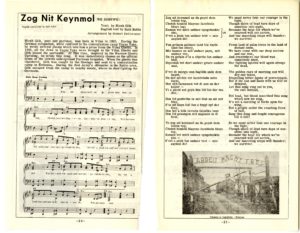
Zog Nit Keynmol, including a singable English translation by Ruth Rubin, published in April-May 1963
From the beginning, Ruth Rubin’s approach had always been that of an American folklorist and an officer with the American Folklore Society, the Canadian Folk Music Society, the International Folk Music Society, and the New York Folklore Quarterly. Among a roster of treasured colleagues and friends in the field have been Helen Baillargion, Marius Barbeau, Ben Bodkin, Edith Fowke, Charles Haywood, Maude Karpeles, R.R. Marett, Willard Rhodes, Paul Robeson, and Pete Seeger. She also was a leading member of the Jewish Music Forum and the National Jewish Music Council. In Israel, she established on-going scholarly contacts with such important folkorists as Edith Gerson-Kiwi, Moshe Gorali, and Karel Salomon.
Over the years, Ruth Rubin presented papers at conferences and contributed articles to numerous journals, and then developed her major publications. She participated in the first folk hootenany, along with Ronnie Gilbert, Paul Robeson and Pete Seeger, and performed at New York’s Town Hall and Carnegie Recital Hall. Also, by 1945 she had begun to make a series of recordings for Folkways Records, with Moe Asch. Increasingly busy as a guest lecturer-performer, she appeared at synagogues and churches, institutes and study groups, community centers and organization meetings.
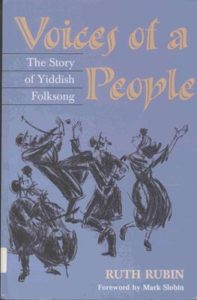
As a gifted teacher of this folklore, Ruth Rubin has given popular courses in New York City at the New School for Social Research and Queens College CUNY, and at university seminars in other cities in the United States and Canada. She was awarded a Doctor of Philosophy degree in 1976 from the Union Graduate School in Cleveland, Ohio. In 1983, she was a faculty member for the Summer Oxford University Program in Yiddish Studies. A grant from the National Endowment for the Humanities in 1983, and another from the Memorial Foundation for Jewish Culture that has enabled her to prepare for another Yiddish folksong anthology, based upon previously unpublished materials from her field collections. Over the years, she has ceded over portions of her substantial field collections, on tapes and in manuscripts, placing materials into various holdings and libraries in this country, Canada and Israel, where they now constitute research and reference archival reservoirs.
As tireless collector, publisher, lecturer, teacher, entertainer, and inspiration to others in the field, Ruth Rubin has viewed her work in Yiddish folklore as a serious responsibility that has given her life a sense of pride and satisfaction.
Recognizing the dialectic variants in Yiddish, she has endeavored to preserve some distinctions, yet shape the linguistics in order to best serve the folklore. Her research ABC’s have been acculturation, borrowing, and comparison. She has been mindful that melody knows no boundaries of time, place or person, and that there are important non-musical elements in a folk music expression.
As mentor to so many ethnologists, Ruth Rubin has been pleased to witness the recent blossoming of interest among young musicians for the old style Yiddish folk band (klezmer) music. She has viewed this as a manifestation of renewed vigor in the creativity of the folklore.
The recipient over the years of numerous honors in the field of Yiddish and folklore, in 1989 Ruth Rubin was awarded the Yiddish Folk Arts Program Lifetime Achievement Award, in recognition of her outstanding contributions to Yiddish culture.
Ruth Rubin ranks among the leading Yiddish collector-scholars, along with Moshe Beregovski (1892-1961), eminent Yiddish folklorist of the U.S.S.R., and Yehuda Leyb Cahan (1881-1937), who began his extraordinary collections in East Europe and continued after his arrival in America. Ruth Rubin’s particular insights into the relationships between the music and their texts, places her work in the important pathway set by the noted anthologist and father of modern Jewish musicology Abraham Z. Idelsohn (1882-1938).
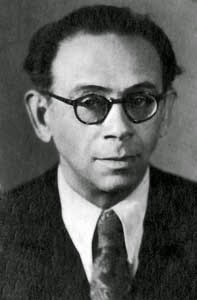
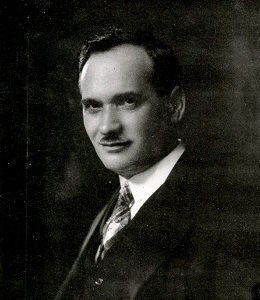

Ruth Rubin died on June 11, 2000 in New York at the age of 93.
Sources:
Irene Heskes from the Ruth Rubin legacy
